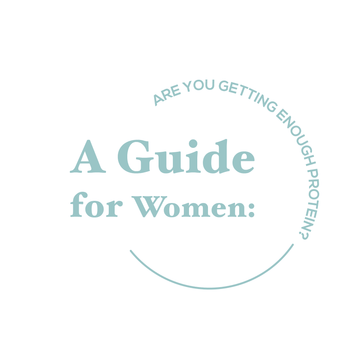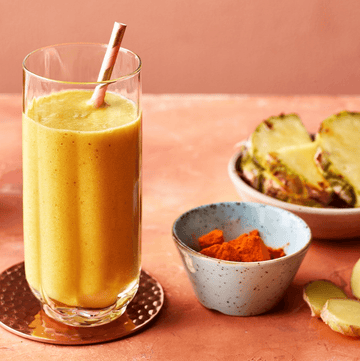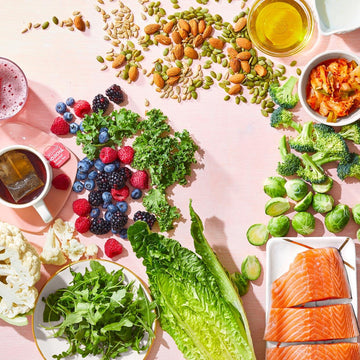
Protein has been a buzzword for some time now! Is it really a big deal and do you need to be concerned?
Protein is important in the body. Every single cell of your body contains protein so, I’d say it is a very, very important macronutrient. Protein is a team player and exists just about everywhere in the body. To start off, it is a component of each and every cell, it acts as the building blocks for bones, cartilage, muscles and contributes to hormones and other chemicals made in the body.
Protein and Exercise
In regards to exercise, protein is the superstar who builds and repairs muscle tissue. By no means is eating protein going to transform you into a bulky bodybuilder. It will, however, keep muscle tissue healthy as you rush to work, do a million stairs on laundry day, chase the kids around or go for an evening walk.
Recommendations
For the average woman, recommendations for protein intake are 0.8 grams of protein per kilogram of body weight (0.36 grams per pound). This recommendation is targeted towards everyday women with light to moderate activity. I’ll use myself as an example:
I am a 140-pound woman with a desk job who enjoys going for a walk at lunch and usually attends one yoga class per week. So, my protein requirement is (0.36 x 140) = 50.4 g
Protein and Food
Awesome, so now you can calculate the grams of protein you need per day but the big question is, what the heck does a gram of protein look like in the food you eat? Check out Healthline’s list of high protein foods, including the grams of protein per serving, below with a few special additions:
- AURA Complete Protein shakes = 24 g per shake
- Low sodium beef jerky = 9g per oz
- Almonds = 9.6 g in 1/3 cup
- Greek yogurt = 17g per 6 oz container (Yummy as a parfait with granola and fruit)
- Eggs = 6g per egg (hard-boiled make an easy, portable snack)
- Your favourite nut butter and an apple = 8g in 2 Tbsp.
- String cheese = 6 g in one piece
- Veggies and hummus = 19 g in 1 cup (buy the pre-portioned containers to add flare to your veggies and dip)
But That’s Not What I Heard
Misconceptions about moderate to high protein intake are all over the place. I’m here to tell you there is no way, or should I say no whey, these are science-backed claims. There is no significant evidence to say protein puts your liver at risk. The good news is that the scientific evidence does say moderate protein intake lowers the risk of osteoporosis and overall, promotes better bone health.
Who knew self-care could come in a shaker cup. What are you waiting for? You may as well fuel your body with protein that is easy to grab on the go and tastes great! Get your AURA whey protein today and #levelup your life.
Shelby Lang-Perry is an AURA Team member with a passion for health and wellness. She is armed with a B.Sc. in Nutrition and Food Science to get you the real story on all your nutrition questions.






